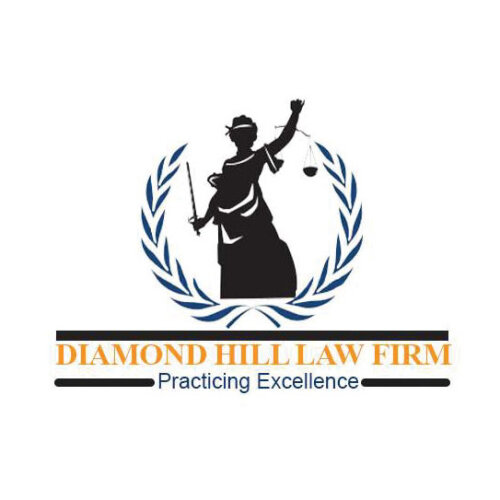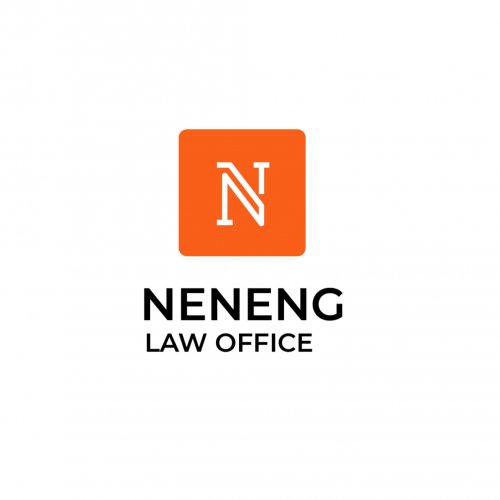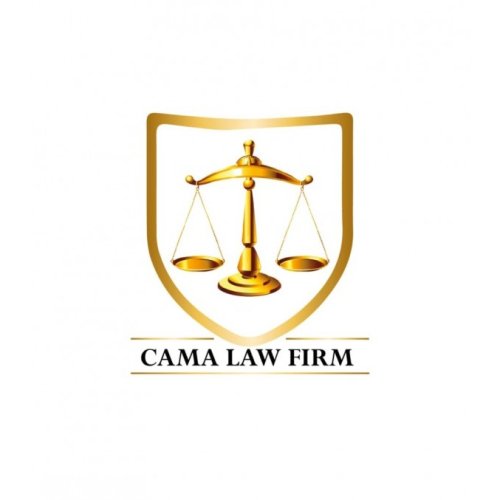Best Space Law Lawyers in Douala
Share your needs with us, get contacted by law firms.
Free. Takes 2 min.
List of the best lawyers in Douala, Cameroon
About Space Law in Douala, Cameroon
Space Law, though a relatively niche area, is gaining traction globally, and Douala, Cameroon is no exception. In essence, Space Law comprises the international and national laws that regulate human activities in outer space. While Cameroon is yet to establish a robust framework exclusively for Space Law, it is a signatory to international treaties such as the Outer Space Treaty of 1967. These international agreements form the basis of Space Law within Cameroon, guiding activities related to satellite launches, space exploration missions, and more.
Why You May Need a Lawyer
Legal advice in Space Law might be necessary for various reasons, even within the context of Douala, Cameroon:
- If you are involved in the telecommunications sector, particularly Satellite Communication operations, you might need clarity on compliance with international and local Space Law regulations.
- For businesses and startups aiming to engage in space-related activities, understanding licensing requirements and legal liabilities is crucial.
- Government entities or educational institutions planning space research or collaborations may seek expert advice to navigate legal obligations and agreements.
- Individuals or companies planning to provide services related to satellite deployment or data analytics might require contractual and proprietary guidance.
Local Laws Overview
Cameroonian engagement with Space Law is primarily through international treaties and national telecommunications laws. Key elements include:
- International Treaties: Cameroon is a participant in the Outer Space Treaty, the Rescue Agreement, the Liability Convention, and the Registration Convention.
- Telecommunications Regulation: Local laws on telecommunications and technology, governed by the Telecommunications Regulatory Board (TRB), indirectly cover various space-related activities, especially those utilizing satellite technology.
- National Framework: While specific Space Laws are limited, governmental policies are evolving to facilitate innovation in the space sector, following global best practices.
Frequently Asked Questions
What is Space Law?
Space Law refers to the body of laws, regulations, and guidelines that govern human activities in outer space. It covers areas like satellite usage, space exploration, and the rights and responsibilities of nations and organizations operating in space.
Is Space Law relevant in Douala, Cameroon?
Yes, Douala, with its strategic position as an economic hub, plays a role in telecommunications and satellite operations, necessitating understanding of applicable Space Law.
Which international treaties on Space Law has Cameroon signed?
Cameroon is a signatory to the Outer Space Treaty, the Rescue Agreement, the Liability Convention, and the Registration Convention.
What national laws cover space-related activities in Cameroon?
Space-related activities are mainly covered under telecommunications and international space treaties, with regulatory oversight by the Telecommunications Regulatory Board.
Who regulates space activities in Cameroon?
The Telecommunications Regulatory Board oversees space-related activities, especially those concerning satellite communications and technology usage.
Do I need a license to operate a satellite service in Cameroon?
Yes, operating satellite services requires compliance with national regulations and licensing by relevant authorities such as the TRB.
Can private companies engage in space activities in Cameroon?
Private companies can engage in space activities, subject to compliance with international agreements and national laws, and typically require legal consultancy to navigate these regulations.
What legal challenges might arise in Space Law in Cameroon?
Common challenges include lack of comprehensive national space legislation, navigation of international treaties, and ensuring compliance with existing telecommunications laws.
Are there liability concerns related to space operations in Cameroon?
Yes, liability issues are addressed through international treaties like the Liability Convention, ensuring that damages from space activities are responsibly managed.
How can I get involved in space-related initiatives in Cameroon?
You can engage through partnerships with governmental or educational institutions, private sector initiatives, or international collaborations, considering legal advice to ensure compliance.
Additional Resources
For those seeking more information or assistance in Space Law in Douala, Cameroon, the following resources might be helpful:
- Telecommunications Regulatory Board (TRB): The primary body regulating telecommunications and addressing satellite-related activities.
- Ministry of Posts and Telecommunications: Provides policy directions and collaborates on international space treaties and agreements.
- International Institute of Space Law (IISL): Offers insights and resources on global Space Law practices.
- Local Universities: Institutions such as the University of Douala may offer academic resources or partnerships in space-related research and initiatives.
Next Steps
If you require legal assistance in Space Law, consider the following steps:
- Identify your specific legal needs in terms of compliance, licensing, or partnership agreements related to space activities.
- Consult with legal professionals who specialize in telecommunications and international Space Law within the Cameroon context.
- Engage with regulatory bodies like the TRB to ensure all necessary permissions and compliance checks are in order.
- Leverage existing resources and networks, such as local academic institutions and international bodies, for guidance and potential collaboration.
With a rapidly developing space sector, being informed and prepared with the right legal guidance is more crucial than ever.
Lawzana helps you find the best lawyers and law firms in Douala through a curated and pre-screened list of qualified legal professionals. Our platform offers rankings and detailed profiles of attorneys and law firms, allowing you to compare based on practice areas, including Space Law, experience, and client feedback.
Each profile includes a description of the firm's areas of practice, client reviews, team members and partners, year of establishment, spoken languages, office locations, contact information, social media presence, and any published articles or resources. Most firms on our platform speak English and are experienced in both local and international legal matters.
Get a quote from top-rated law firms in Douala, Cameroon — quickly, securely, and without unnecessary hassle.
Disclaimer:
The information provided on this page is for general informational purposes only and does not constitute legal advice. While we strive to ensure the accuracy and relevance of the content, legal information may change over time, and interpretations of the law can vary. You should always consult with a qualified legal professional for advice specific to your situation.
We disclaim all liability for actions taken or not taken based on the content of this page. If you believe any information is incorrect or outdated, please contact us, and we will review and update it where appropriate.












